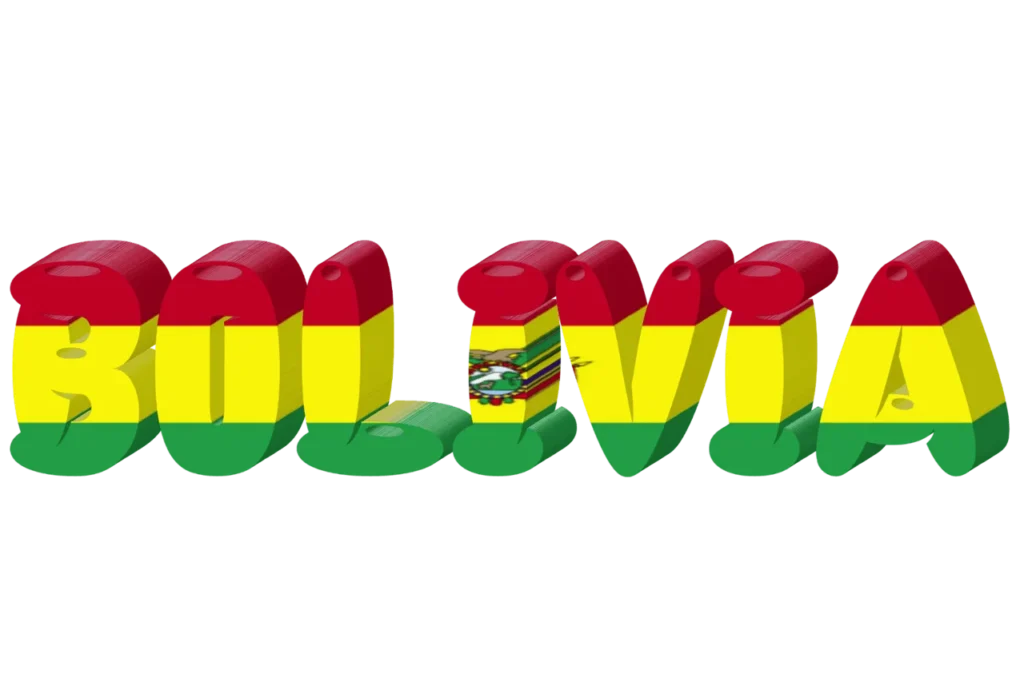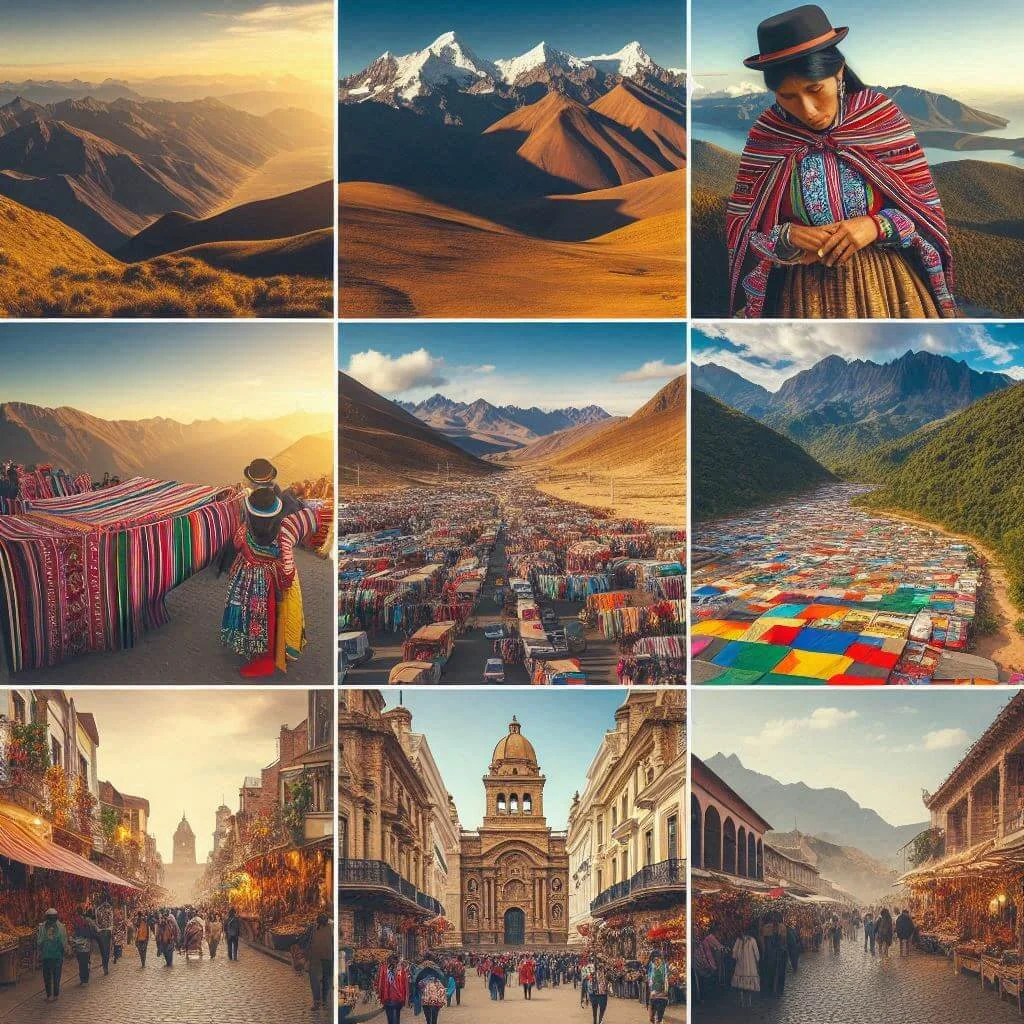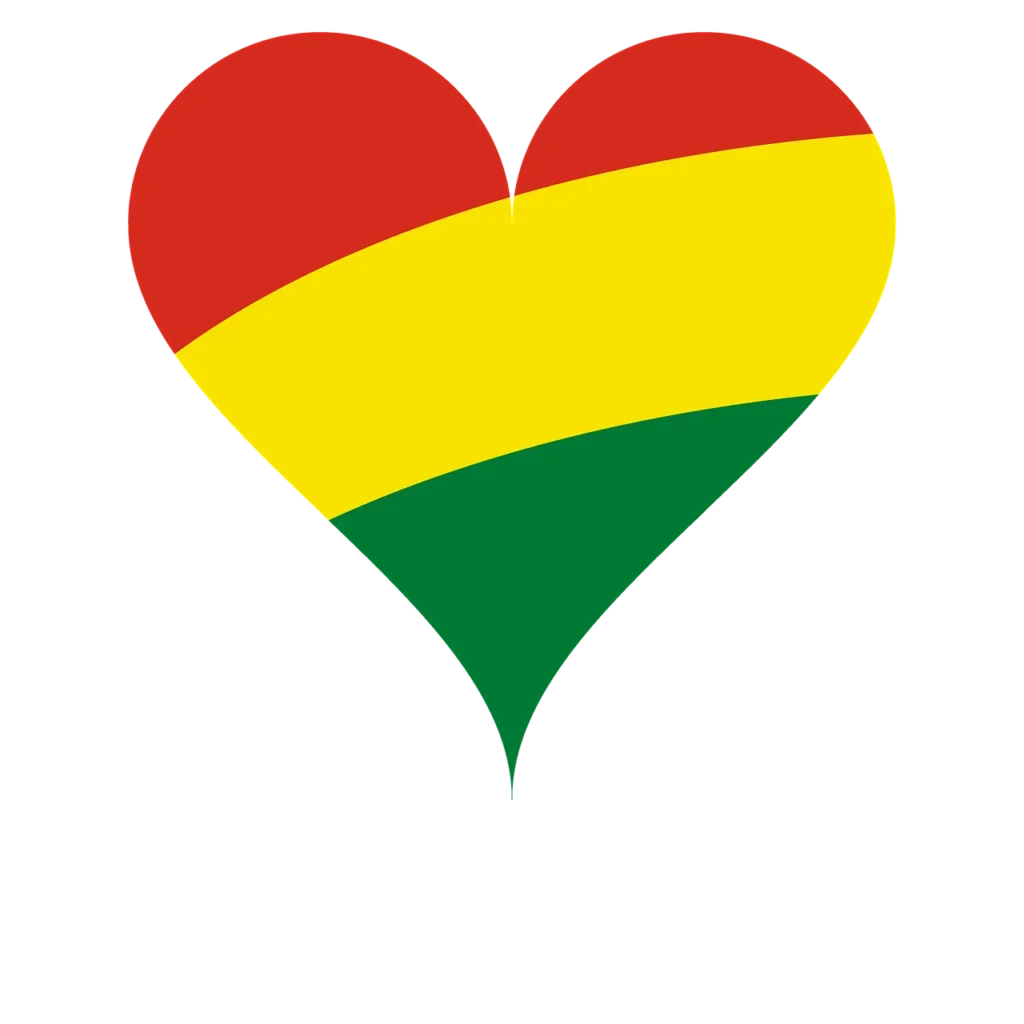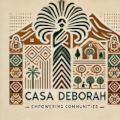Understanding Bolivia
A Land of Diversity and Challenges
Bolivia is a country rich in cultural heritage and natural beauty, but it also faces significant social and economic challenges.
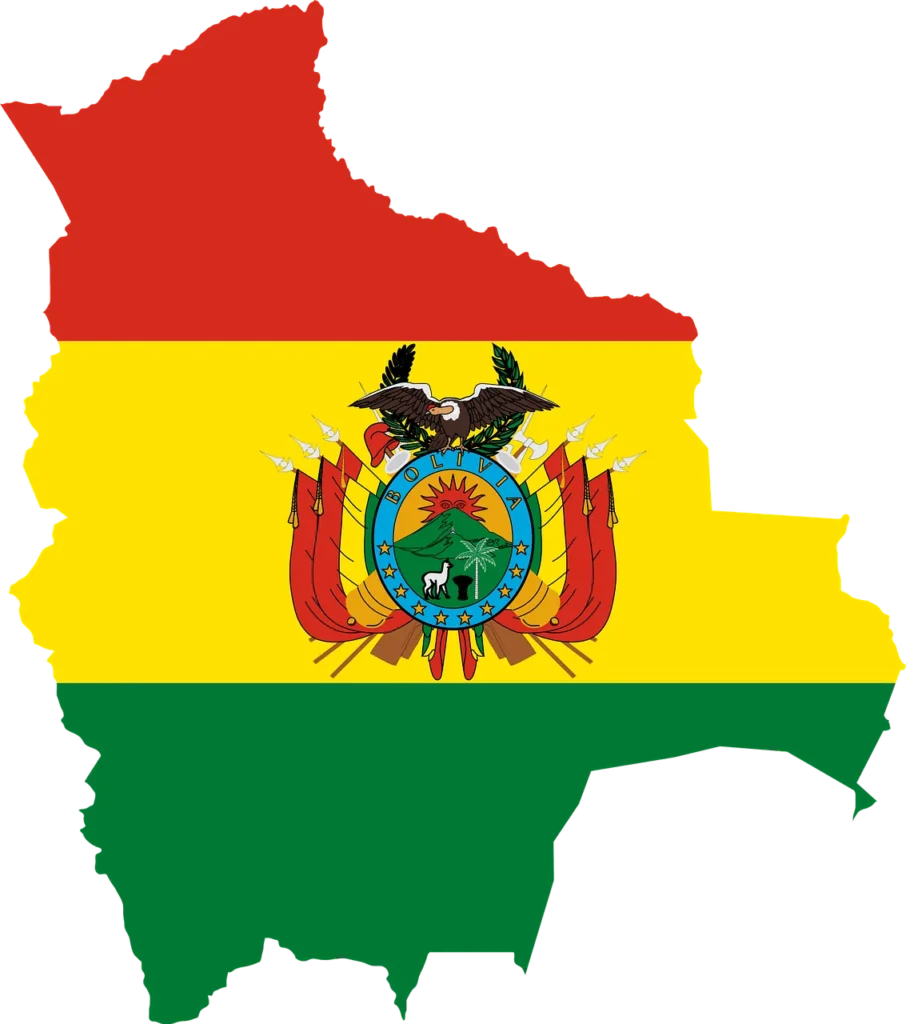
Here are some key facts about Bolivia:
Geography: Located in central South America, Bolivia is a landlocked country bordered by Brazil, Paraguay, Argentina, Chile, and Peru. It boasts diverse landscapes, from the towering Andes mountains to the lush Amazon rainforest, providing a home to a wide variety of flora and fauna. The country’s geographical diversity makes it a unique place with many environmental zones.
Population: With a population of over 11 million people, Bolivia is one of the most ethnically diverse countries in the region. Indigenous peoples, such as the Quechua, Aymara, and Guarani, make up a significant portion of the population, contributing to the rich cultural tapestry of the nation. This diversity is reflected in Bolivia’s languages, traditions, and festivals.
Economy: Bolivia’s economy relies heavily on natural resources such as mining, particularly silver and tin, and agriculture, including crops like quinoa and soybeans. Despite recent economic growth, many Bolivians still live in poverty, especially in rural areas where infrastructure and access to markets are limited. Efforts are being made to diversify the economy and reduce dependence on natural resources.
Education: Access to education has improved over the years, but there are still significant disparities, particularly in remote and rural regions. Many children face challenges in completing their education due to economic constraints, long travel distances to schools, and the need to support their families through work.
Healthcare: Healthcare services have expanded in recent years, yet access remains limited for many, especially in rural and indigenous communities. Challenges include a shortage of medical professionals, limited healthcare facilities, and economic barriers that prevent people from seeking necessary medical care.
At Casa Deborah, we aim to address these challenges by providing targeted support and opportunities to those who need it most. Our programs focus on education, healthcare, and community development, ensuring that we reach the most vulnerable populations and help them achieve a better quality of life. We believe that through collective effort and sustainable practices, we can make a lasting impact on the lives of many Bolivians.
